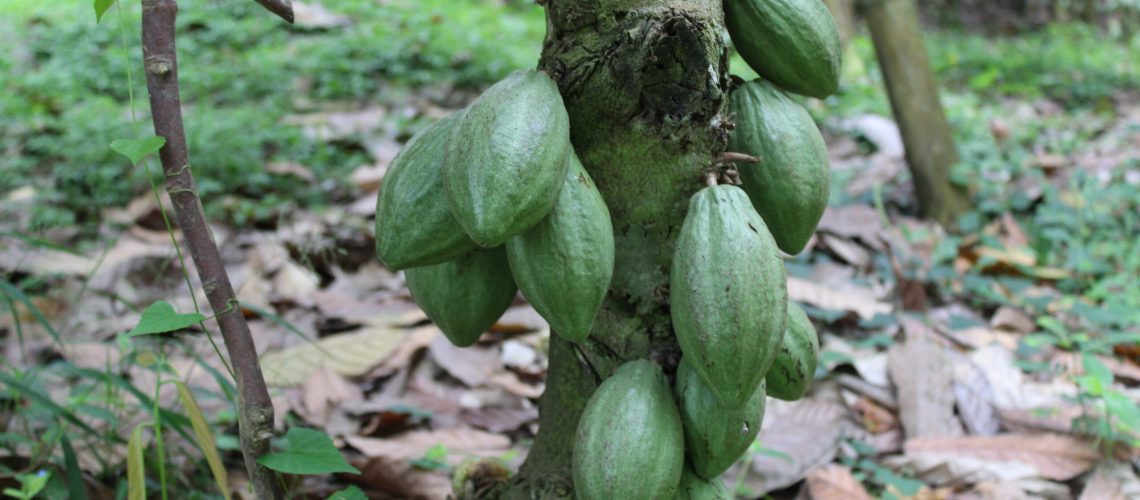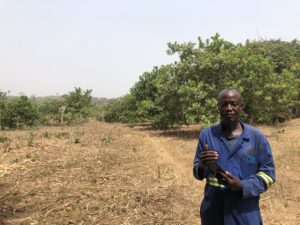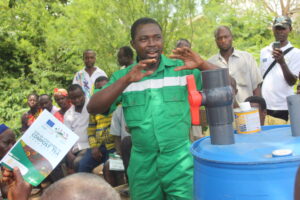Cocoa Farmer Groups and Cooperatives in Ghana have called on the government and the international community to take into account the Ghanaian cultural context in their definition of Child Labour. According to the farmers, children helping out on farms during vacations and weekends is an informal way of training the next generation of cocoa farmers.
Contrary to popular opinion, cocoa farmers believe that without the inclusion of their children from an early age in cocoa farming, the future of the industry is at risk. They intimated that young people are losing interest in cocoa farming because most lack basic knowledge. According to them, the youth see cocoa farming as unattractive due to inadequate financial compensation despite the hard labour.
The farmers lamented that their meagre earnings and the high cost of labour and farm inputs make it difficult for them to hire labourers to help on the farm. According to Madam Felicia, a member of the Cocoa Mmaa Cooperative, “the cost of labour per day is 50 cedis and she needs a minimum of 14 workers daily to help on her 10acre farm during the major harvest season since her children could not help her to due to child labour issues”. This, according to her, takes the major percentage of the earnings from her farm.
They, however, acknowledged the importance of prioritizing the formal education of their children and are cautious to avoid engaging them in hard and hazardous labour.
The farmers made this appeal during the third edition of the Cocoa Legal Clinic, held in Kumasi for representatives of cocoa cooperatives in Ghana.
The ‘Cocoa Legal Clinic’ is a series of workshops organized to build the capacities of Civil Society Organisations (CSOs), farmer groups and the media on the legality and regulatory framework governing the production and trade of sustainable cocoa. The workshop was organized by EcoCare Ghana in partnership with ClientEarth, with support from TaylorCrabbe Initiative and Ghana Civil Society Cocoa Platform (GCCP).
The central theme for discussions during the third edition was laws governing child labour and land tenure. During his presentation, Dr Clement Akapame stated that the issue of child labour on cocoa farms cannot be eradicated if the earnings of farmers are not improved. He noted that cocoa farmers employ the services of children because labour can be expensive and they don’t earn enough to offset the cost. He iterated that the laws around child labour in Ghana also need to be redefined to suit the socio-cultural context.
He also noted that “increasing cocoa prices alone without concerns for human rights and environmental issues remain unsustainable”. He urged the farmers to unite so that they can influence policies governing the sector. He noted that cocoa farmers are the backbone of the economy and if united will give them greater bargaining power on prices and the wellbeing of farmers.
Mr. Obed Owusu-Addai the Managing Campaigner – EcoCare Ghana stated that cocoa farmers play an important role in the growth of Ghana’s Economy, therefore, they must be adequately compensated for their work to enhance production, eradicate child labour and ensure the sustainability of the sector.






